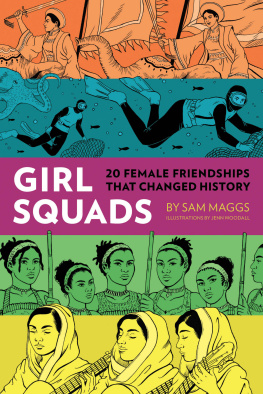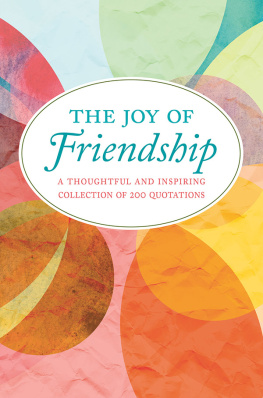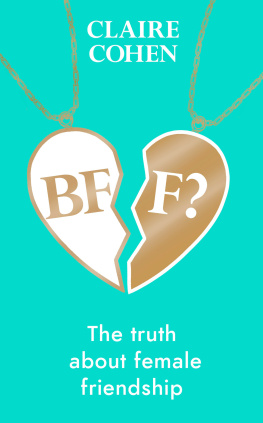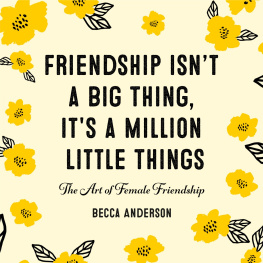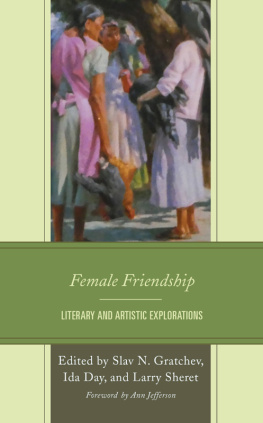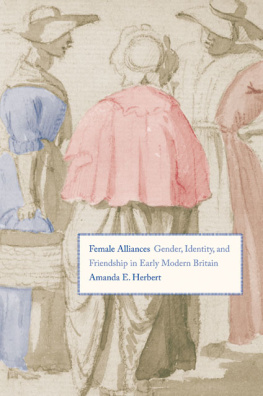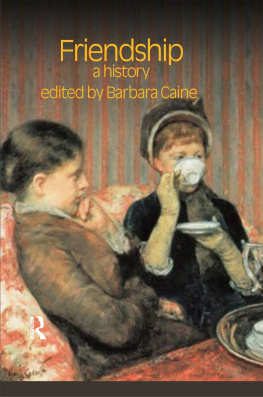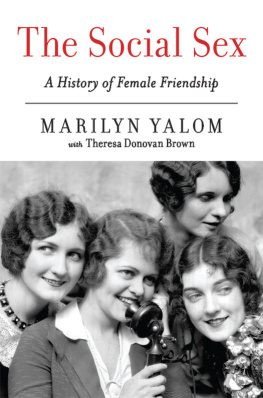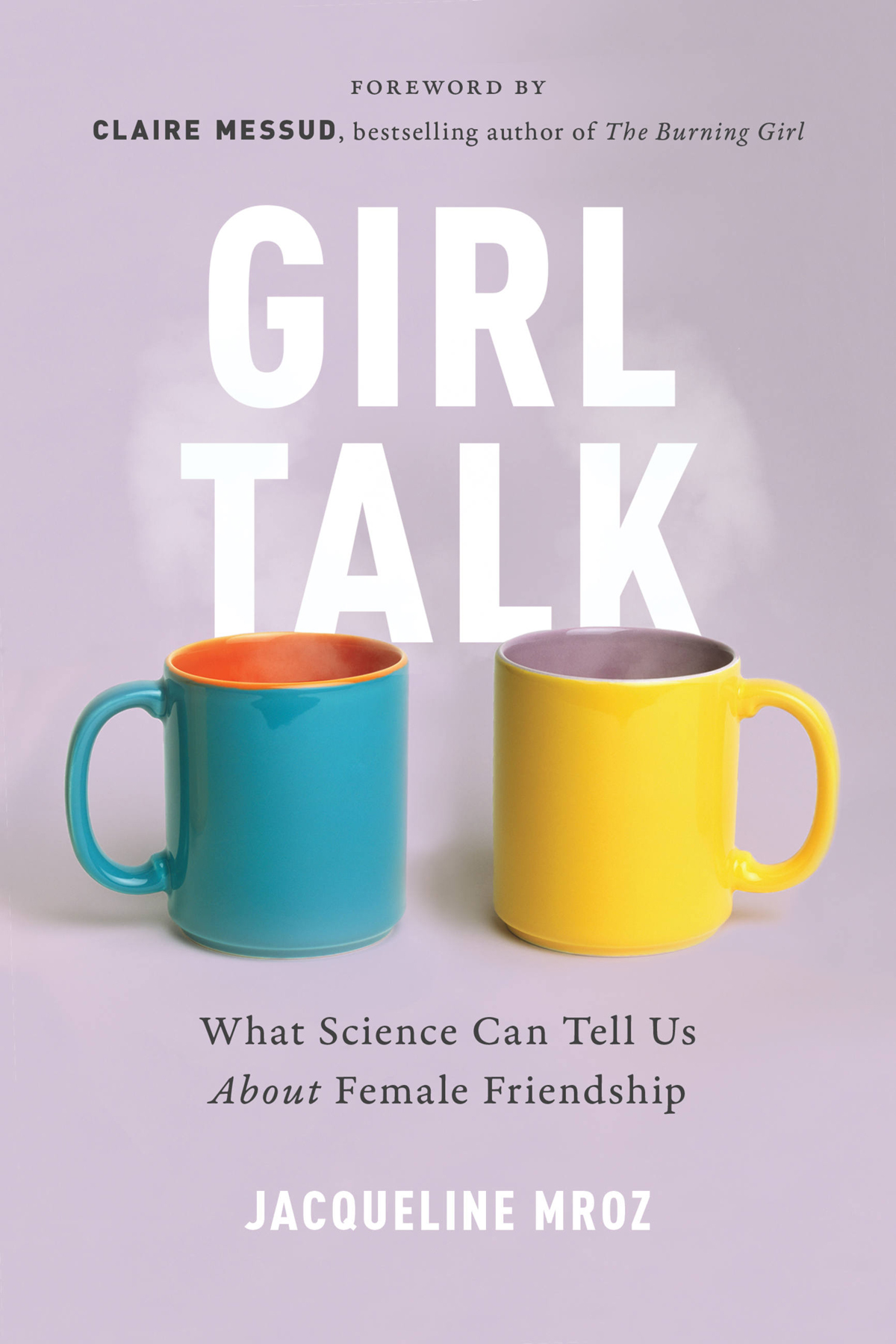Hachette Book Group supports the right to free expression and the value of copyright. The purpose of copyright is to encourage writers and artists to produce the creative works that enrich our culture.
The scanning, uploading, and distribution of this book without permission is a theft of the authors intellectual property. If you would like permission to use material from the book (other than for review purposes), please contact permissions@hbgusa.com. Thank you for your support of the authors rights.
Published by Seal Press, an imprint of Perseus Books, LLC, a subsidiary of Hachette Book Group, Inc. The Seal Press name and logo is a trademark of the Hachette Book Group.
The Hachette Speakers Bureau provides a wide range of authors for speaking events. To find out more, go to www.hachettespeakersbureau.com or call (866) 376-6591.
The publisher is not responsible for websites (or their content) that are not owned by the publisher.
Library of Congress Cataloging-in-Publication Data has been applied for.
O UR CULTURE DEVOTES endless attention to romantic love, and almost as much to familial relationshipswhether in fiction or nonfiction, in film, television or photography. But in our livesin womens lives, particularlyfriendships often prove as central to our identities as do lovers, parents, and children.
Jacqueline Mroz, in this timely, lucid and thoughtful book, turns an illuminating eye upon the affective ties that shape us from childhood onwards: what constitutes a friend? How has this changed over time, or between cultures? Why and how do friendships unravel? How does literature mirroror fail to mirrorour actual experiences? What might we seek in our friends at lifes different stages? These are all vital questions, too rarely addressed.
It seems that friends are like breathing: We cant live without them, but we dont spend too much time thinking about it. Mrozs well-researched and careful taxonomy of friendship will enable readers better to understand how and why these relationships matter so much.
In mid-life, I look back over the decades and acknowledge that my memories are organized as powerfully around my friends as my family relationships. My family moved around a good bit when I was young, with the result that my recollections of friends are tied to particular places, and to distinct periods. When I was in elementary school, we lived in Sydney, Australia: thanks to social media, my sister and her best friend from those long ago days remain close still. Although for many years I lost sight of my besties from early adolescence in Toronto, I recently heard from one and discovered that they still go on holiday together, forty years after we all met. I regularly have dinner with a trio of beloved high school friends, as all of us live in the Boston area. Another friend from that time is now friends with my dearest college mates, and he texts me photos whenever theyre together. I met my future husband in the early weeks of my graduate study in the UK, and a close college friend came to visit the next day: she got to know him at the same time as I did, and the three of us set off for Edinburgh and the Scottish Highlands that fall, on a trip of such memorable hilarity that we still joke about it. All these years later, she is still practically family; our kids have grown up knowing and loving each other too.
Girl Talk feels to this reader particularly relevant because in recent years Ive been preoccupied with female friendship, and have written two novelsThe Woman Upstairs and The Burning Girlin which Ive sought to explore passionate but complicated relationships in different stages of life. As a reader, Ive reveled in diverse contemporary narratives of friendshipfrom Elena Ferrantes work to Zadie Smiths Swing Time to Emma Clines The Girls, to Magda Szabs extraordinary The Door, about the deep but tortured bond between a writer and her housekeeper. As a human being, Ive marveled at the evolution of my understanding of these strange, aleatory, voluntary connections: what draws us to a new friend? What makes us give up on one, if we do? How much does friendship resemble amorous love, and how does it differ? How does it accommodate rivalry and envy, attraction and repulsion?
Friendships between women are as multifarious as insects or plants, as familiar and unknowable as weather. Friends dutifully forged of circumstance, who become something more abiding; love-at-first-sight friends, for whom ones heart leaps in recognition (but of what, exactly?) from the first conversation; friends formed of shared intellectual interests or political concerns; friends slowly stolen from other friends, wittingly or unwittingly; fair weather friends; fast friends; feckless friends; mad friends; the innocents; the loyal guard; the lost ones There are those friends you always rather dread seeing, but whose company you invariably enjoy more than you expected; and those you cant wait to spend time with, who somehow always disappoint. There are the ones you always thought really got you, until you realize belatedly they didnt at all, and then you wonder who they thought you were, and troublingly, who you thought they were, too. There are the solid, quiet ones you carelessly overlook, until you come shamefacedly to see theyre solid gold.
Each one has something to teach us; each is remarkable, not least because we give them our hearts. We choose themdeem them specialas they choose us. When you consider how agonizing this process proves in our romantic lives (who will ever love me?), it seems all the more miraculous that, in friendship, we make our choices with abandon, sincerely, eagerly, often unthinkingly, and usually without prospect of measurable gain. In an era in which we obsessively measure value and take a disturbingly utilitarian approach to so much in our lives, friendship remains an essential extra, a gift that, even in its challenges, brings us more than we can truly know.
In addition to exploring the cultural and social histories of friendship, Mroz cites its many known benefitsincluding better physical and psychic health. But one of this books abiding pleasures rests in its moving use of anecdote, the deft inclusion of moving stories told by ordinary women of all ages about the girls and women they have loved, with whom theyve struggled, and upon whom theyve relied. Every woman who reads this book will find echoes of her own experiences. In Girl Talk, Mroz grants these vital human connections the focus and importance they merit, a serious attention for which her readers will be lastingly grateful.
A friend may well be reckoned the masterpiece of nature.
Ralph Waldo Emerson
W E TELL OUR friends secrets that we wouldnt entrust to anyone else; we cry on their shoulders when things have gone wrong and we toast them when theyve succeeded; we talk to them about our significant others, our kids, our parents; we go on adventures together; and we laugh over each others imperfections. What would we do without our friends?
I know I couldnt live without mine.
We feel better when were with our friendseven knowing theyre there for us can make us happy. And research has begun to back up the magic of friendship and its connection to our health. Having friends improves our immunity, promotes healing, lowers blood pressure, and makes us feel less depressedit even makes us live longer.



